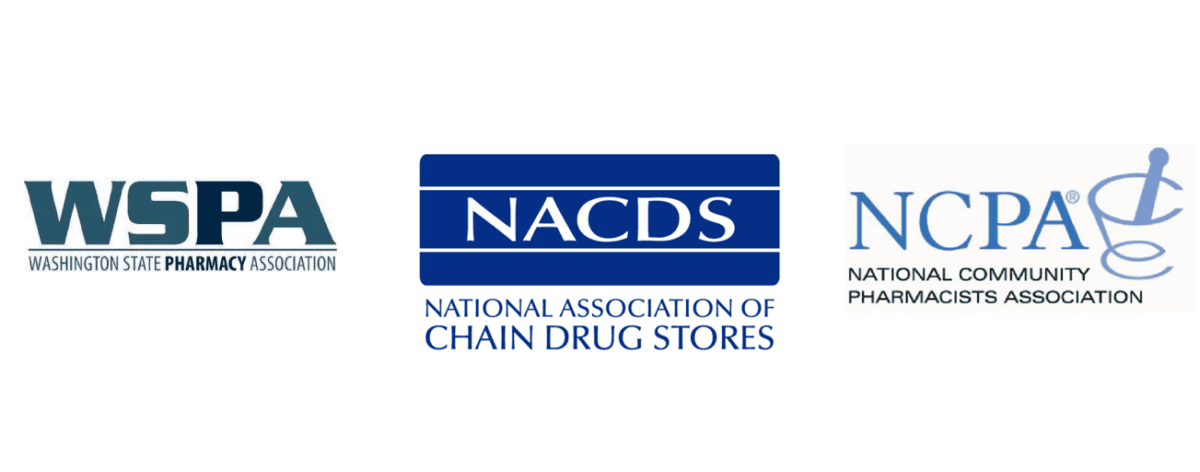
NACDS, the Washington State Pharmacy Association (WSPA) and the National Community Pharmacists Association (NCPA) today urged the federal Centers for Medicare & Medicaid Services (CMS) to bring to an end Washington State’s flawed pharmacy reimbursement plan.
The pharmacy groups welcomed an Administrative Law Judge’s decision that confirmed that Washington State’s plan violates Medicaid rules. The finding upholds CMS’ March 2019 decision to this effect, which was challenged by Washington State. The finding brings one step further to closure a lawsuit filed in March 2017 by NACDS, WSPA and NCPA against Washington State.
NACDS, WSPA and NCPA stated jointly:
“On behalf of Washington State Medicaid patients and the pharmacies and pharmacists serving them, we want to express appreciation for the decision of Benjamin Cohen, who reviewed the matter on administrative appeal. We urge CMS to continue to enforce compliance with the federal regulations and adopt the Administrative Law Judge’s recommendation to uphold denial of Washington State’s below-cost Medicaid pharmacy reimbursement plan that jeopardizes patient access and pharmacy viability alike. The events of the past four years related to Washington State’s Medicaid pharmacy reimbursement have demonstrated clearly that compliance with Medicaid reimbursement rules is mandatory.”
As background, in 2016, CMS put in place a new rule changing how states must reimburse pharmacies. A key part of the rule indicates that states must reimburse pharmacies for their actual costs in dispensing drugs to Medicaid beneficiaries. Since that time, NACDS, WSPA and NCPA forced the issue that Washington State failed to comply with that rule, maintaining its below-cost dispensing fees. The pharmacy groups emphasized throughout the challenge that Washington State refused to adopt cost-based dispensing fees, and maintained below-cost dispensing fees—lower than any state in the country—which may impede patient access to care.